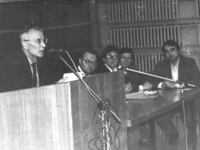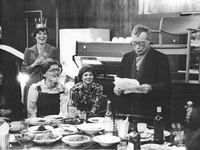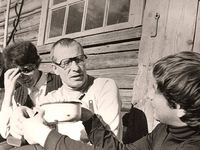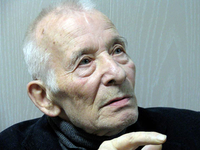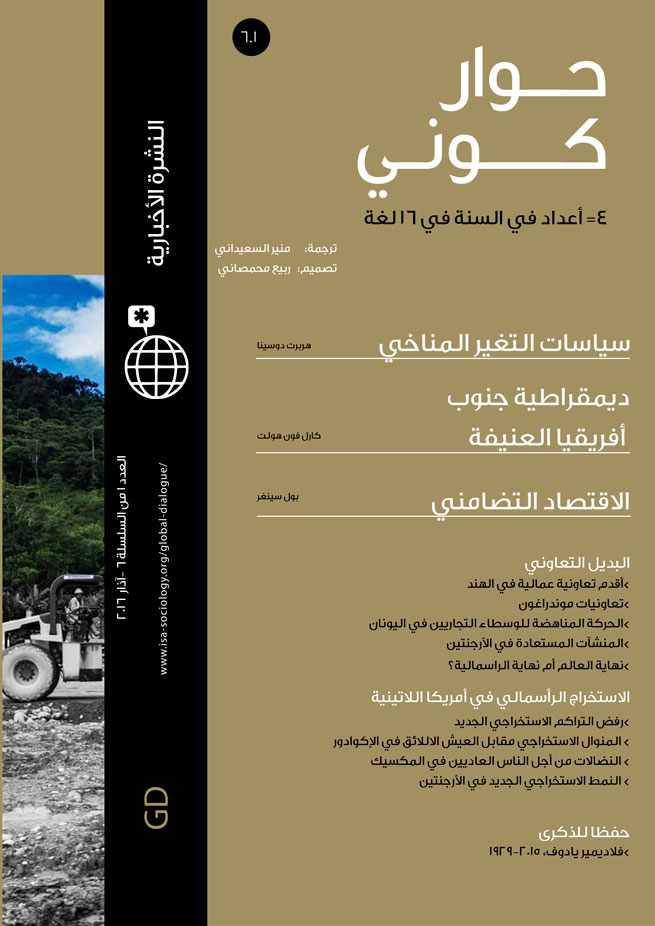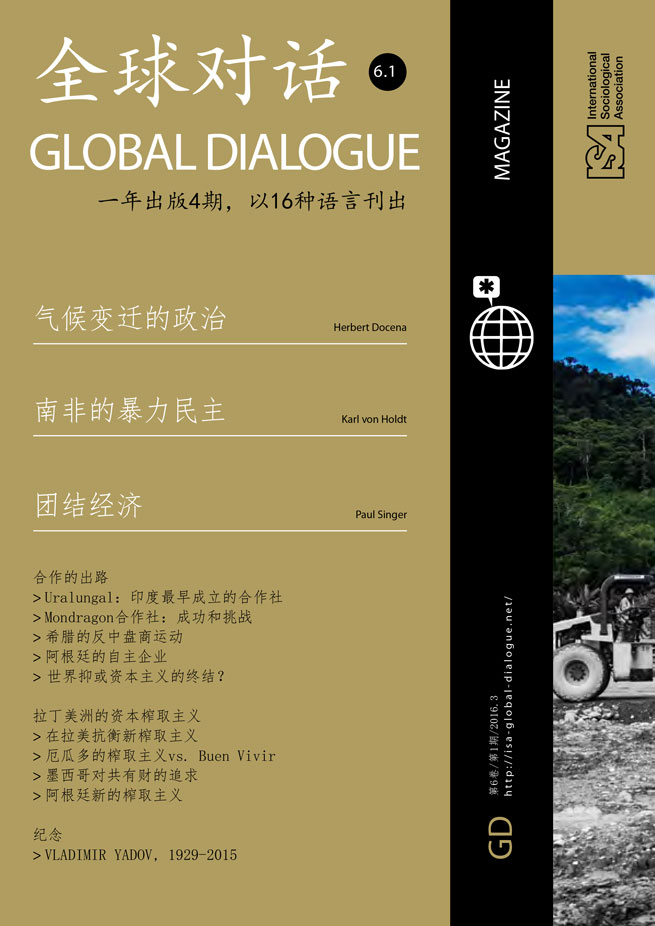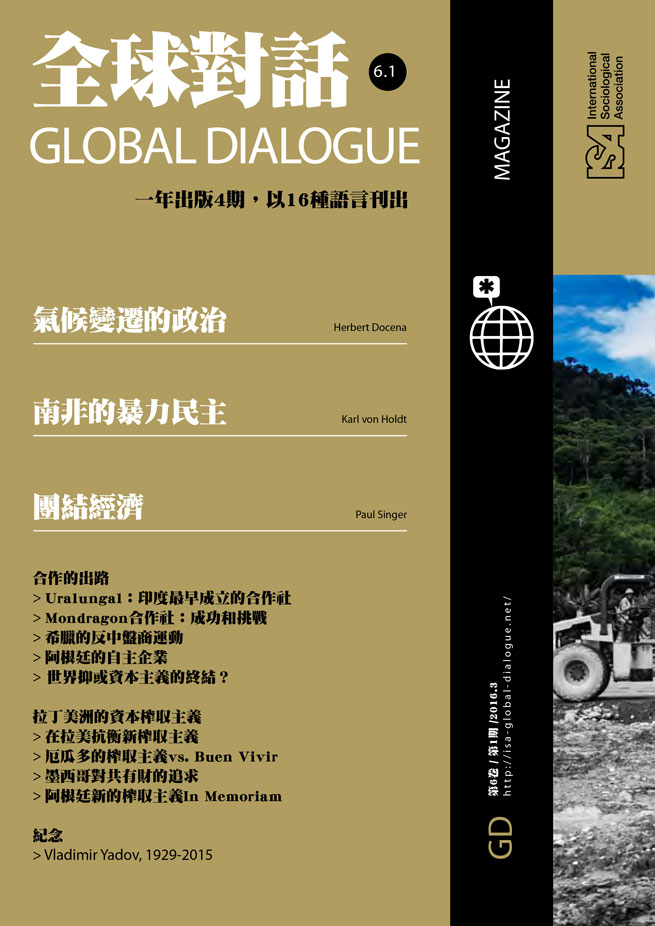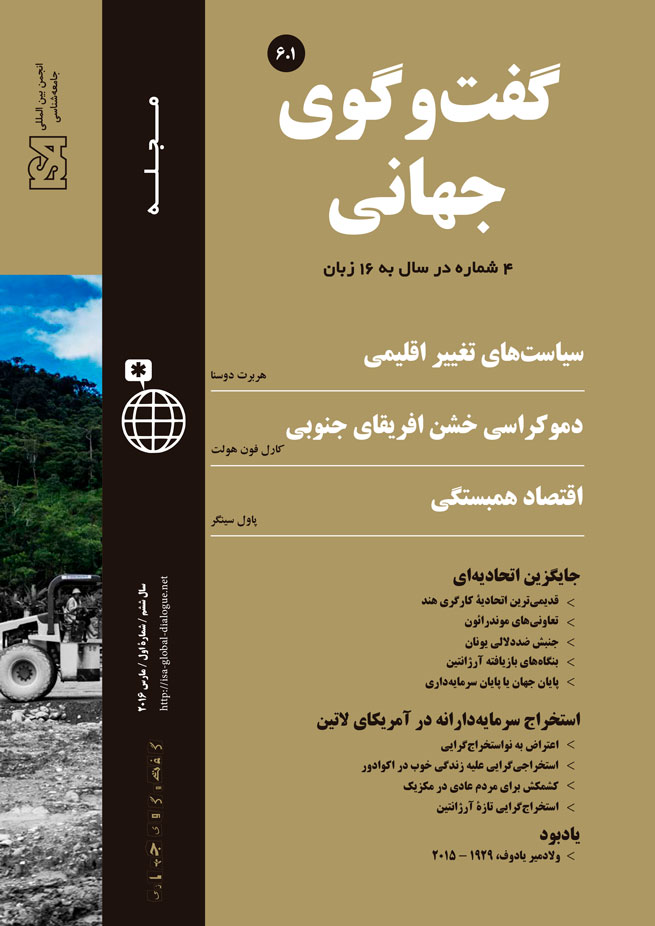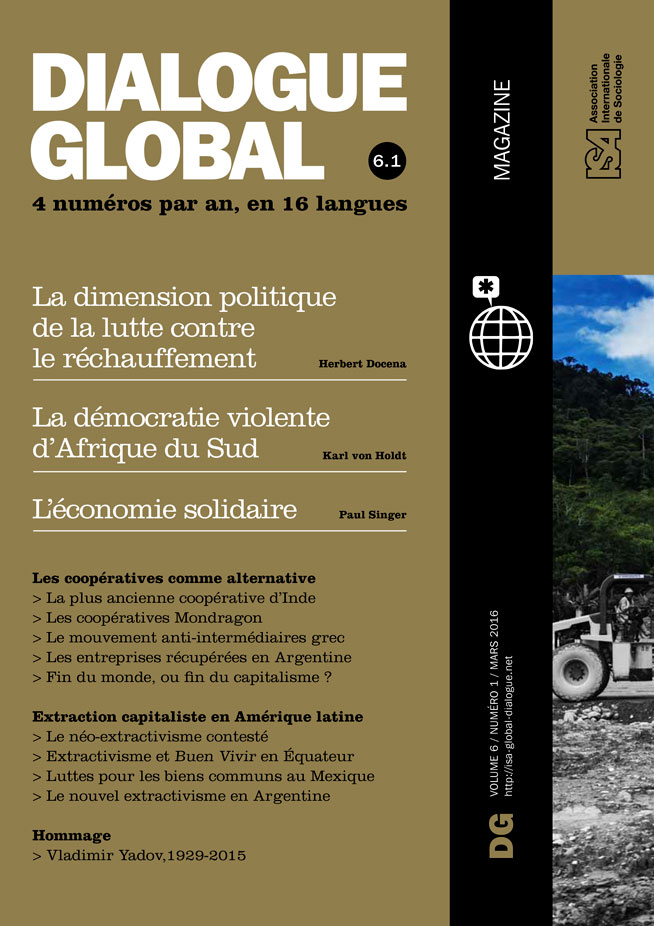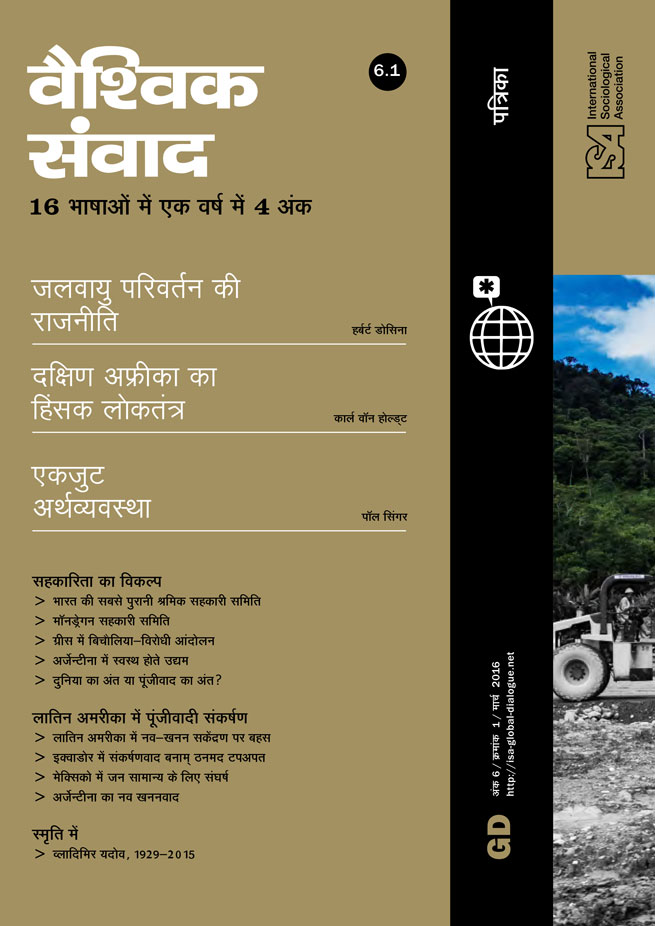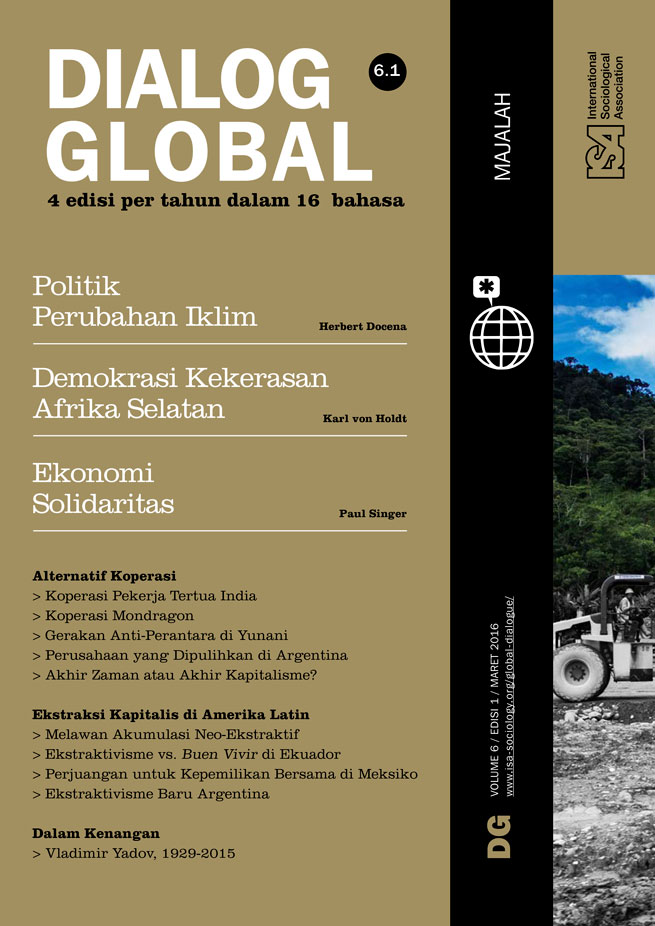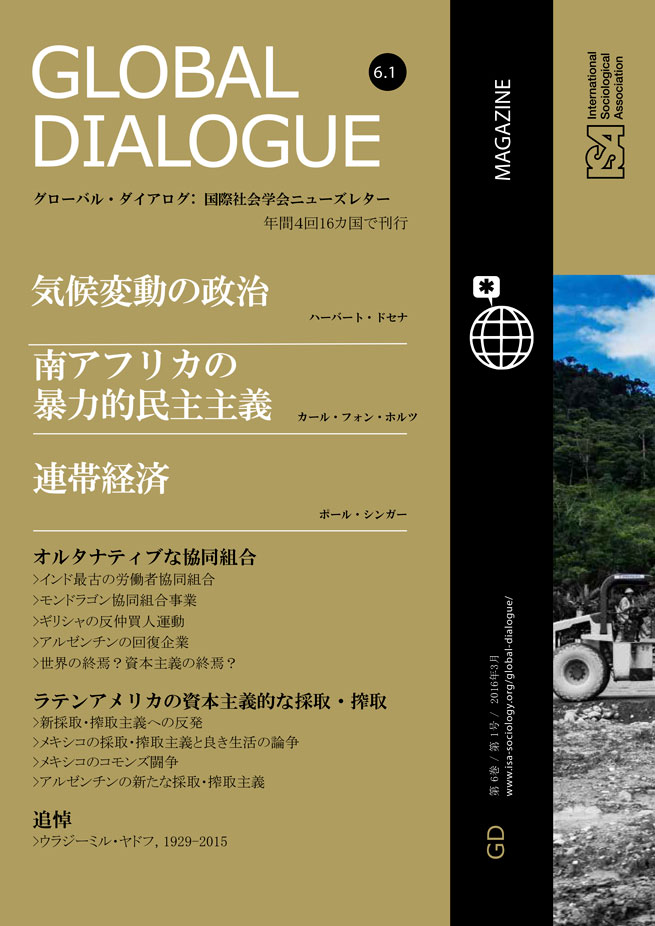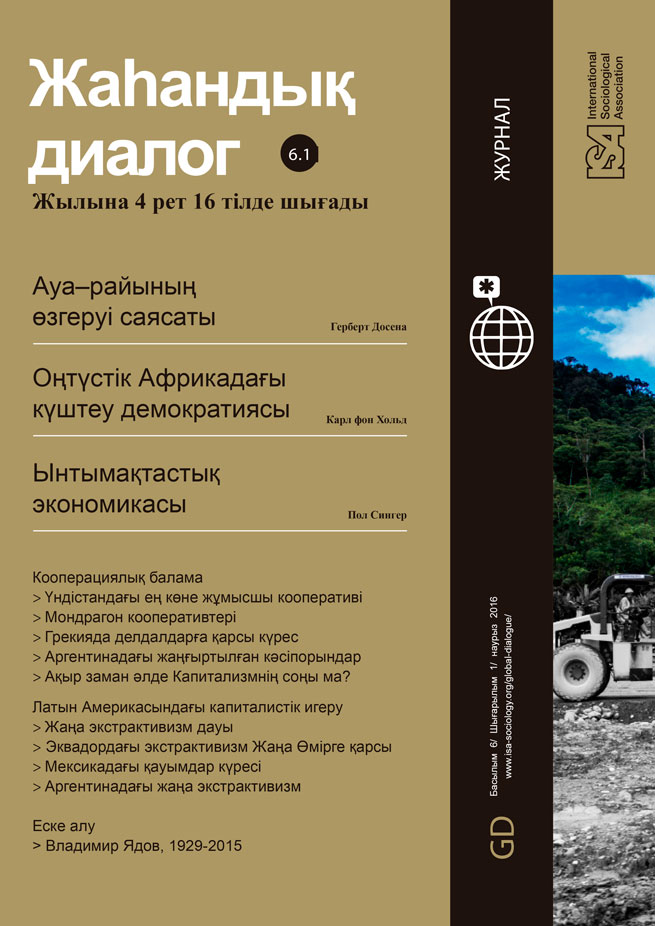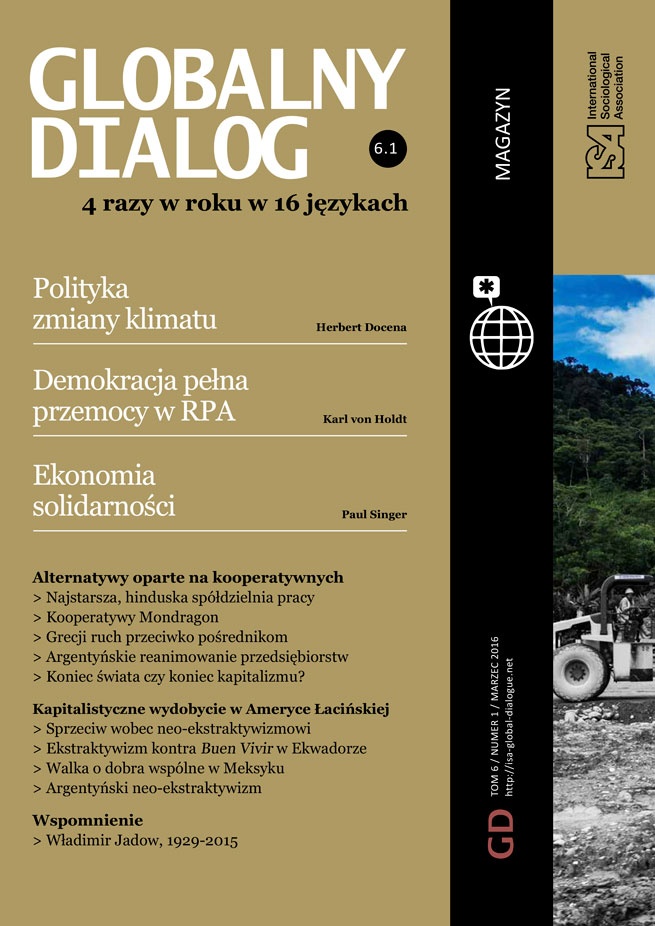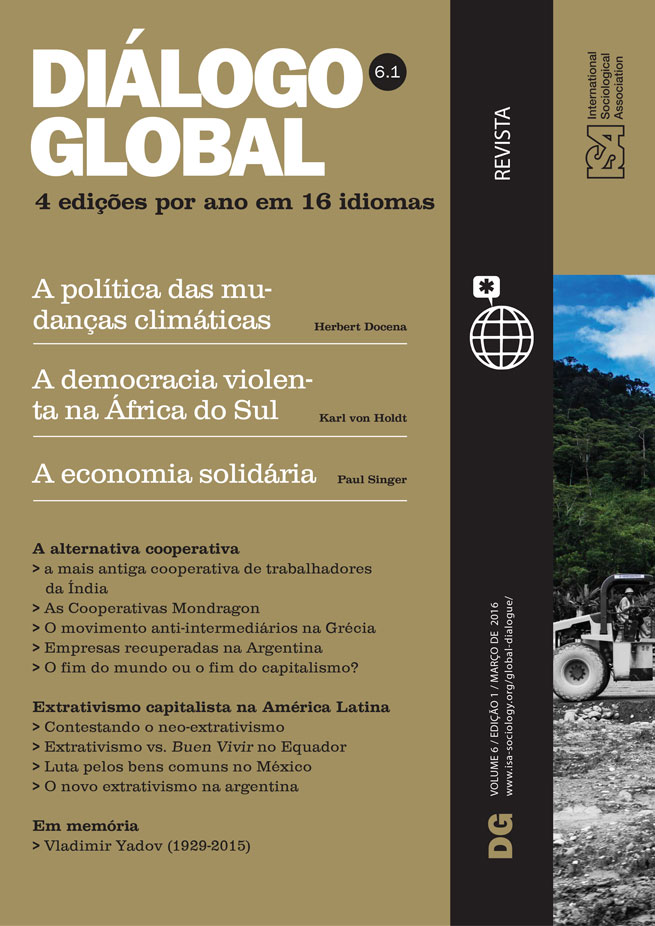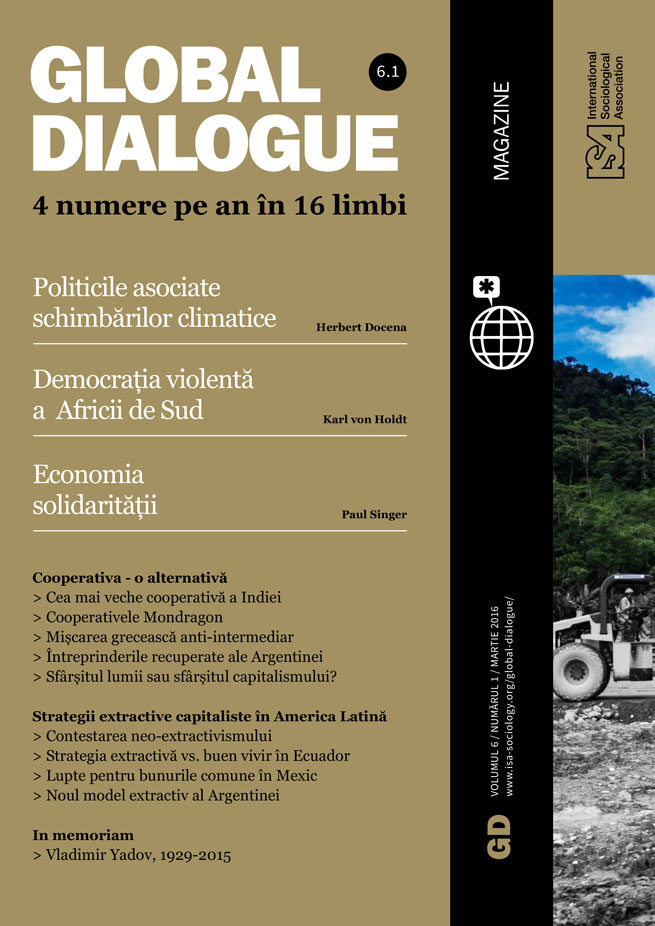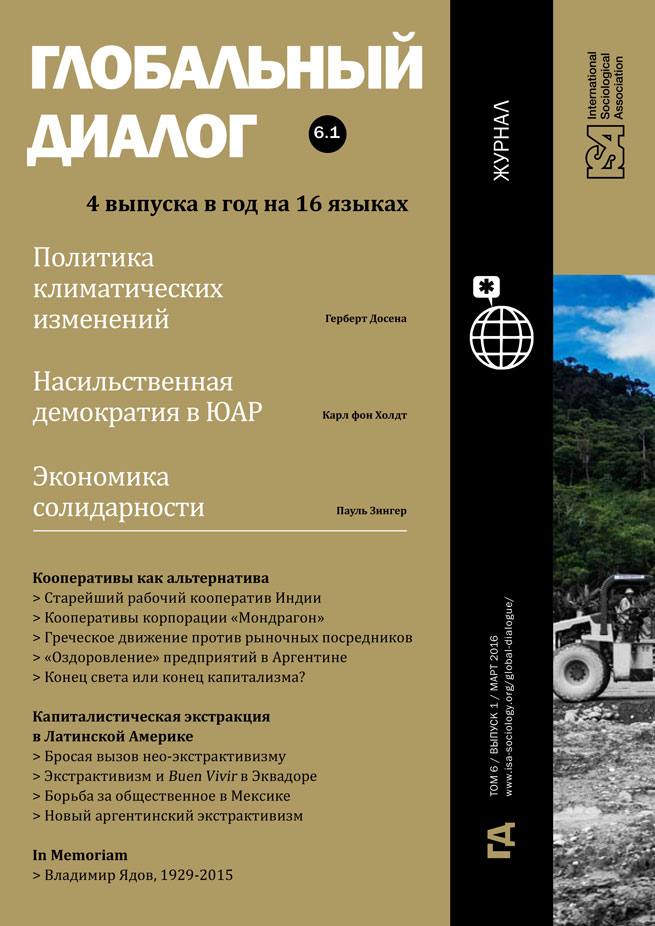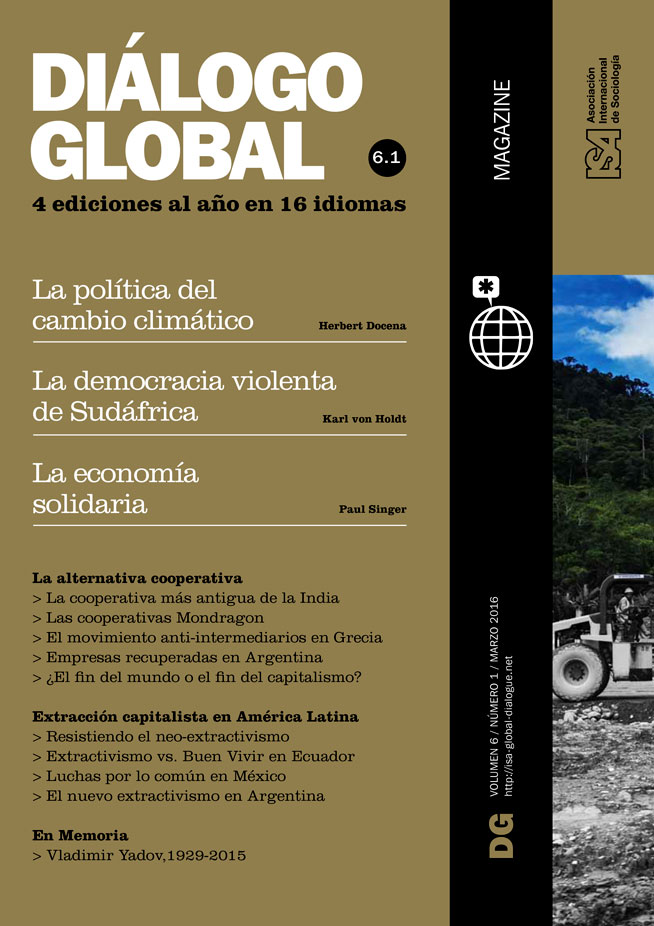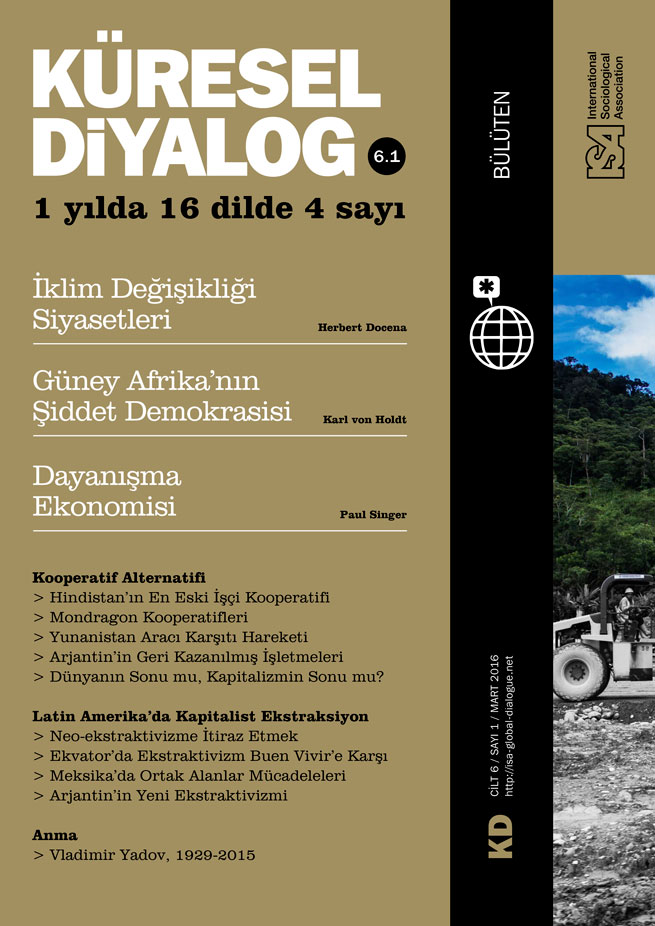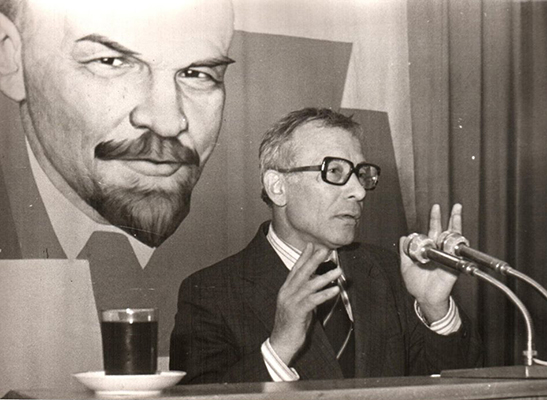Six years ago we celebrated Vladimir Alexandrovich’s 80th birthday. Yadov passed away in his 87th year on the night of July 2, 2015. One might say: “as a result of a lengthy and incurable disease.” However, until the last minute his mind was sharp as ever and he even retained his ability to work.
With Yadov an entire epoch in our discipline has ended. He lived longer than the rest of his cohort. Other founders of the post-war Soviet/Russian sociology – Grushin, Levada, Zaslavskaya, Zdravomyslov, Shubkin – all departed before him. I have read dozens obituaries and comments on his death. Obituaries are filled with data from his professional career and evidence of his international recognition (yet he was never elected to be a Member of the Russian Academy of Sciences, due to this institution’s political biases). Individual memorial accounts mostly describe his personal qualities and tell appealing stories about his life.
That is the way it probably should be, considering that his academic contributions and his personal charm, scholarly talent and charisma are reflected in those tributes. Yadov was an intellectual, to be sure, but he also belonged to the intelligentsia. These two terms are far from being synonymous. Yet Yadov exemplified the merger of both.
I would like to highlight one unique quality of Yadov – he was a broad-minded person with an amazing ability to cross boundaries. For instance, in his scholarly work and throughout his entire academic life, Yadov strove to bring together various theoretical paradigms. Yadov was not an orthodox Marxist. Although back in the 1960s Yadov was a sincere advocate of Historical Materialism as “a general sociological theory,” he also defended the relative autonomy of “specific sociological theories.” Yadov was not a devotee of positivism either, although several editions of his textbook, Strategies of Sociological Research integrated examples of empirical sociology from all over the world – examples that were based primarily on a positivist paradigm.
Yadov introduced the term “poly-paradigmatic” into the discourse of Russian sociology. He considered that the choice of one or another framework depended on the empirical task at hand. He had a broad vision of sociology. Thus, his Predictions of the Social Behavior of Personality might be considered to be more psychology than sociology. For Yadov disciplinary walls simply did not exist.
Yadov was as strong a publicist as he was an academic sociologist. He had unmatched skills in presenting complex scholarly materials to lay audiences in language easy to understand, while also bringing a fresh stream of “real life” into his academic presentations. Yadov was very tolerant of his academic opponents and theoretical rivals. He was “forgiving” and yet also used every occasion to ridicule them. This also applied to the authorities and even to himself (irony and self-irony). Although Yadov never was part of the open opposition to the regime, his search for scientific truth often put him in an oppositional stance.
Yadov was broad-minded and generous. I never asked him – and I do not think he would have been able to answer – how many “godchildren” he had (those who wrote dissertations under his supervision, or those for whom he was an “opponent” in their dissertation defense, or those whom he inspired to be a social researcher). My guess is that over his long academic life this number amounts to several hundred.
I recall one dramatic event. The Scientific Council, which Yadov chaired, “suddenly” rejected the dissertation of a young scholar who expressed his thoughts in a style rather hard to understand, “bird” language as they called it. The rejection was accomplished through secret ballot without there having been any prior public criticism. As always, Yadov suggested a surprising way out – he wrote an article interpreting the student’s most incomprehensible terms in a conventional academic style. As a result he saved a young ambitious and talented author as well as the reputation of the Scientific Council.
The caliber of individuals is measured by their influence both in their immediate social circle and on the distant social environment, and in this particular case his influence extended to the entire discipline. Yadov was a pioneer and a founder. Those who follow him will not be able to replace him. They have no choice but to remember him with gratitude and, to the best of their abilities, try to emulate his approach to science, people, and the world.
Andrei Alekseev, St. Petersburg, Russia <alexeev34@yandex.ru>
